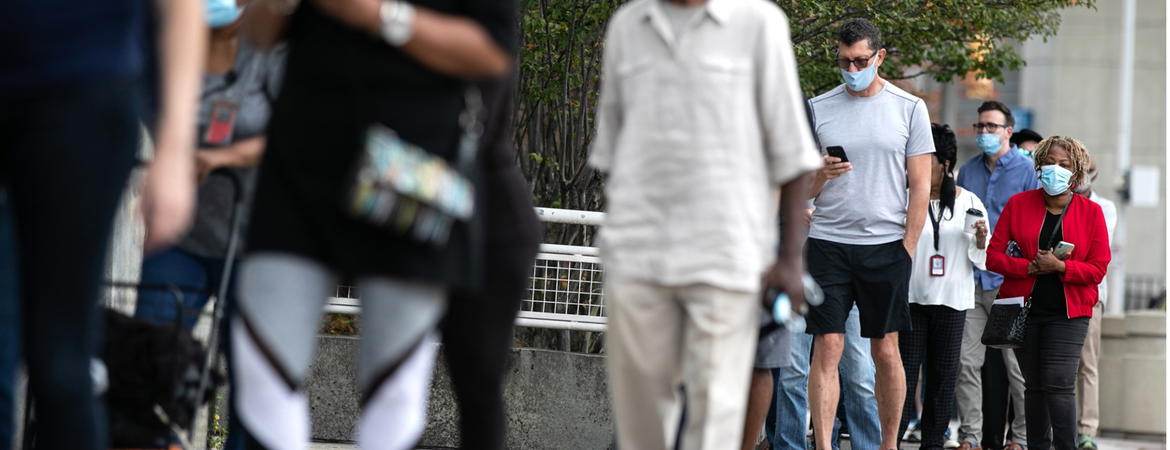Center for Social Innovation

While new data shows Asian Americans had record turnout in Georgia in the last election, a new law that restricts voting in the state threatens their participation in the political process, particularly at a time when they also have the highest rates of absentee voting, critics say.
With a high immigrant population, Asian Americans face barriers beyond just language, Karthick Ramakrishnan, associate dean of the University of California Riverside School of Public Policy and founder of AAPI Data, said. Because the majority of the electorate is foreign born, most Asian Americans most likely did not grow up in a Democrat or Republican household, he said. For those who were able to get college degrees, they probably attended universities in their home country, which influenced their knowledge of the political process.
“What that means is that the political awakening and consciousness and even information about where the party stands on issues and where candidates stand on issues — the barriers are pretty high beyond the language barriers,” he said. “You combine that with the fact that parties and candidates traditionally have not reached out to them. It's asking a lot for someone to make a decision when they don't have all that background information, and no one is reaching out to them.”